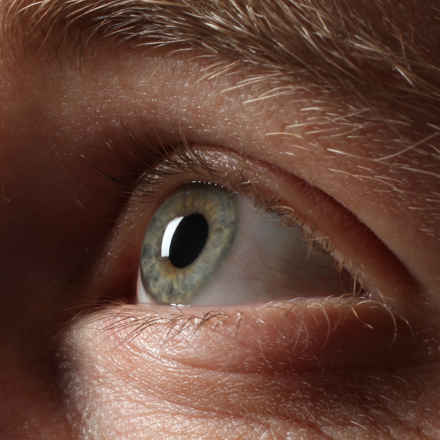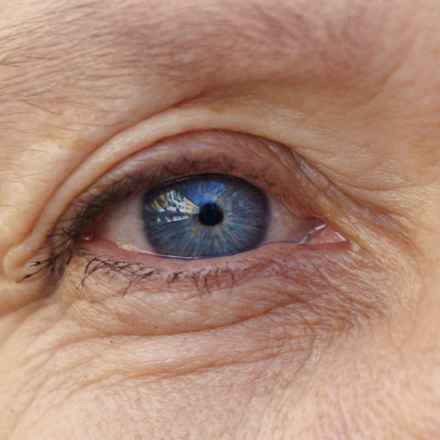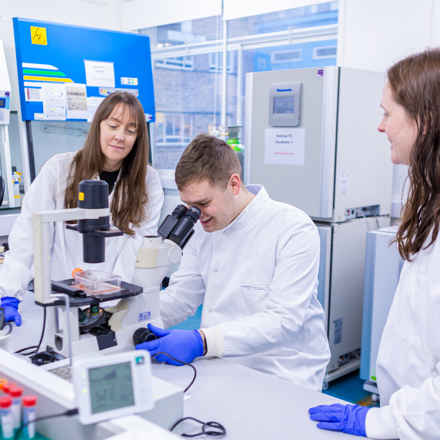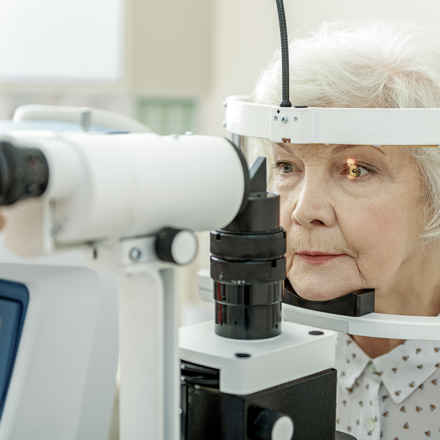
Our research projects
Since 1987 the Macular Society has invested around £10 million in over 100 research projects. Each year we invite applications for research grants, PhD studentships and seedcorn grants which are assessed by our Research Committee.
Research grants
Research grants are for projects of up to three years duration and up to £300,000, which covers everything from laboratory chemicals to salaries.
PhD studentships
A PhD studentship funds a student to undertake a three year research project. The student submits a thesis for qualification of the degree, which is the highest level of academic degree attainable.
Seedcorn projects
A seedcorn grant is funding of up to £25,000 to generate preliminary data to advance innovative and novel ideas.

Shining new light on the body clock and retinopathy
Disruptions to our body clock can have an impact on our health, including links with eye damage for people living with diabetes. Dr Eleni Beli takes a closer look at these links, to understand more about how eye damage can develop and progress. Her research could uncover an innovative new approach to help people with diabetes avoid sight loss.
Find out more

A marvellous new approach to tackle retinopathy
High blood sugar levels can lead to damage to our eyes, known as retinopathy. Professor Karl Matter's research could provide valuable new insights to develop innovative approaches to protect blood vessels and prevent sight loss for people with diabetes.
Find out more

How eye adaptation to darkness could lead to quicker AMD treatments
Investigating the effect of the structural features of AMD on the speed of dark adaptation.
Find out more

Uncovering early changes in the eye during AMD
Analysing a spectrum of human eye data could help to detect early AMD
Find out more

Developing an eye drop to treat dry age-related macular degeneration (AMD)
This project aims to develop a novel therapy for dry aged-related macular degeneration (AMD), delivered via an eye drop, which could reduce inflammation and restore cell health. The eye drop will include the recipe to make an important protein, known to be reduced in those with AMD.
Find out more

An implantable eye lens for macular disease
Magnifying intraocular lenses can be given to patients with macular disease. This will be the first trial to see if they help.
Find out more
